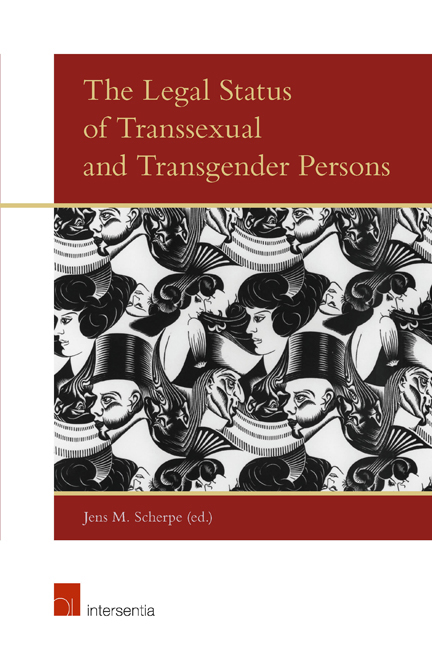Book contents
- Frontmatter
- Dedication
- Preface
- Contents
- List of Contributors
- Introduction
- PART I MEDICAL/PSYCHOLOGICAL VIEWS
- PART II CHRISTIAN VIEWS
- PART III LEGAL VIEWS
- Europe
- Asia
- Australia and New Zealand
- Varieties of Decision-Making: Reflections on Deciding Re Kevin
- Australia
- New Zealand
- North and South America
- PART IV CONCLUSION
New Zealand
from Australia and New Zealand
Published online by Cambridge University Press: 28 November 2017
- Frontmatter
- Dedication
- Preface
- Contents
- List of Contributors
- Introduction
- PART I MEDICAL/PSYCHOLOGICAL VIEWS
- PART II CHRISTIAN VIEWS
- PART III LEGAL VIEWS
- Europe
- Asia
- Australia and New Zealand
- Varieties of Decision-Making: Reflections on Deciding Re Kevin
- Australia
- New Zealand
- North and South America
- PART IV CONCLUSION
Summary
TERMINOLOGY AND CULTURAL AND LEGAL CONTEXT
Aotearoa New Zealand is a common law jurisdiction, with a Parliament and legal system based on the British Westminster system of government, following colonisation in the 19th century. Māori are the indigenous people of Aotearoa and signatories to the Treaty of Waitangi, which Māori consider to allow them to retain self-governance rights and, in particular, Māori customary law.
Pre-colonial Māori communities were ‘inclusive of whakawāhine’ (a Māori term describing someone born with a male body who has a female gender identity). More recently takatāpui has been reclaimed as a term to describe gay, lesbian, bisexual and trans Māori.
Today Māori whakawāhine and tangata ira tane (a Māori term describing someone born with a female body who has a male gender identity) remain visible within takatāpui communities. A support network for Māori trans people (Tapatoru), based on the traditional concept of whānau or family, now exists. There are many predominantly Pākehā (European) or Tauiwi (non-Māori) networks.
New Zealand also has a large Pacific Island population, many of whom acknowledge males who take on traditional female social roles (such as fa'sfafine in Samoa and fakaleiti in Tonga). It is therefore not surprising that the people who made submissions to the New Zealand Human Rights Commission's Transgender Inquiry (see further at section 2.1 below) referred to themselves using a range of terms, including transgender, male-to-female (MtF) and female-to-male (FtM) transsexuals, cross-dressers, queens, intersex, androgynous, genderqueer, takatāpui, fa'sfafine, fakaleiti, whakawahine and tangata ira tane.
In this chapter, as in To Be Who I Am: Report of the Inquiry into Discrimination Experienced by Transgender People (the Report of the Transgender Inquiry), the term ‘trans’ will be used when it is necessary to use a generic term to describe all of the identities listed above. That is, to describe all those ‘who identify their gender in some way in opposition or outside the gender role which they are meant to fulfil as a result of their sex designation at birth.’
The focus of this chapter, as elsewhere in this book, is on the issues for trans people who wish to have their ‘nominated sex’ (the sex they self-identify with) recognised as their legal sex (for the purposes of official identity documentation).
- Type
- Chapter
- Information
- The Legal Status of Transsexual and Transgender Persons , pp. 527 - 568Publisher: IntersentiaPrint publication year: 2015

